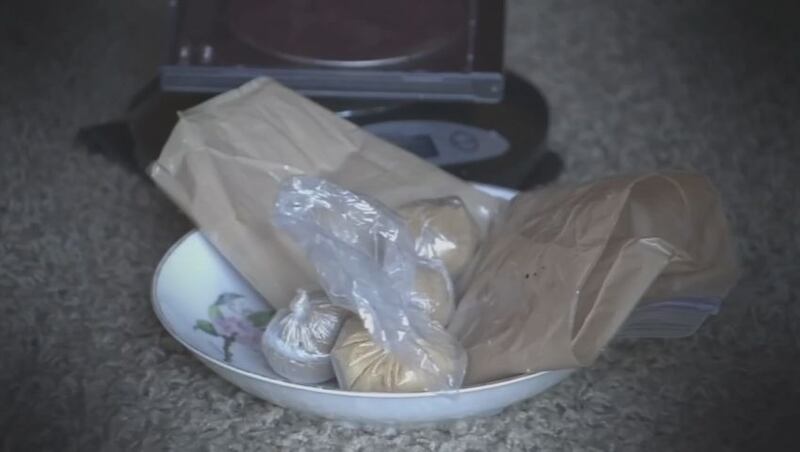Oregon, on Tuesday, became the first state to decriminalize possession of illegal drugs, and Washington could be the second to do so.
Oregon’s Measure 110 decriminalizes personal possession of illegal drugs, such as cocaine, heroin, oxycodone and meth.
It was passing Wednesday with nearly 59% of the vote.
“We are so excited about the Oregon measure and what that means for Washington state,” said Christina Blocker, of Treatment First Washington, which launched its own campaign on Wednesday.
“Oregon has now summitted, and we are on our journey to reach that same summit,” attorney Salvador Mungia said during a virtual event.
Signature-gathering in Washington for a similar measure on the 2020 ballot was thwarted by COVID-19.
So the strategy is to ask the 2021 Legislature to pass what’s called the Treatment and Recovery Act.
“Washington state lawmakers are in a position where they could be the second state in the country to move us away from a war on drugs and toward a public health strategy for substance abuse disorder,” said Alison Holcomb, of the American Civil Liberties Union.
Holcomb wrote Washington’s landmark 2012 Initiative 502, legalizing recreational marijuana.
She’s a major force behind the new campaign, which is different.
“This is not legalization. This is just taking the personal use of drugs away from being a crime and changing it to a civil infraction,” Holcomb said.
Holcomb said under the proposal, Washington police would confiscate the drugs and write a $50 ticket, similar to a littering infraction.
To avoid the fine, people would see a public health professional who could refer them to substance abuse treatment, if they need it.
The idea is that people would get help and avoid a felony conviction.
The proposal is not intended to let drug dealers off the hook, only those who possess drugs for their own use.
Money to build up the treatment system would come from legal cannabis sales, diverting more than $100 million in taxes that now go to the general fund.
“What we didn’t anticipate back in 2012 is actually how much revenue would be generated from cannabis taxes,” Holcomb said.
The Washington proposal calls for two years of rule-making to figure out the details, such as what constitutes a personal amount of drugs.
That’s different from the new Oregon law, which takes effect in February.
“They just wanted a quick win because they want to go to Washington. They want to go to Florida. They want to go to New York. So they wrote it, so it’s immediate,” said Mike Marshall, of the advocacy group Oregon Recovers, which opposed Measure 110.
Although Oregon Recovers supports decriminalization, Marshall took issue with the law written by the Drug Policy Alliance, which he said didn’t take into account the systems already in place in Oregon.
Marshall recommends Washington start by beefing up its treatment system.
Cox Media Group







